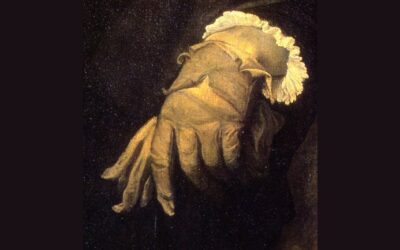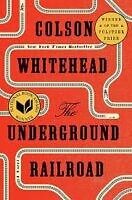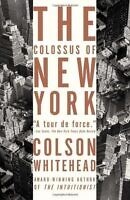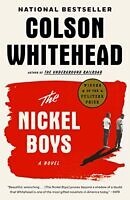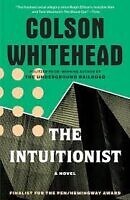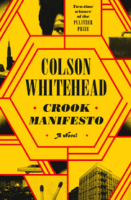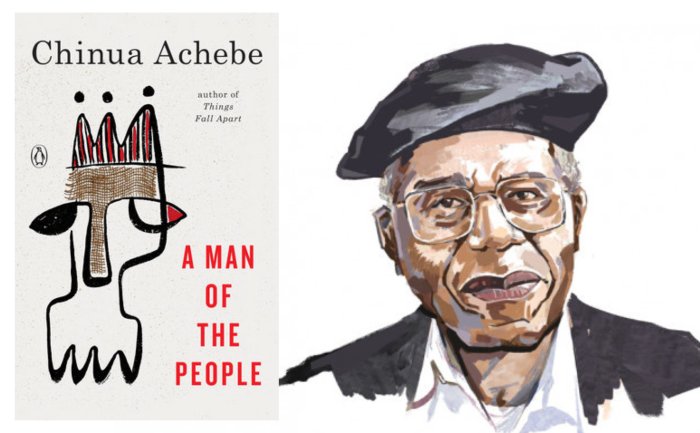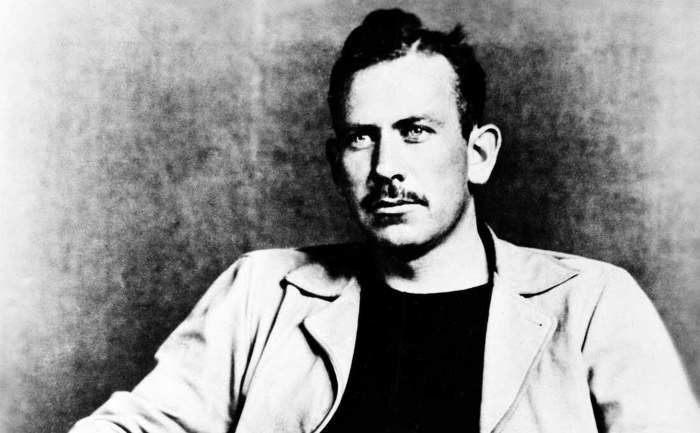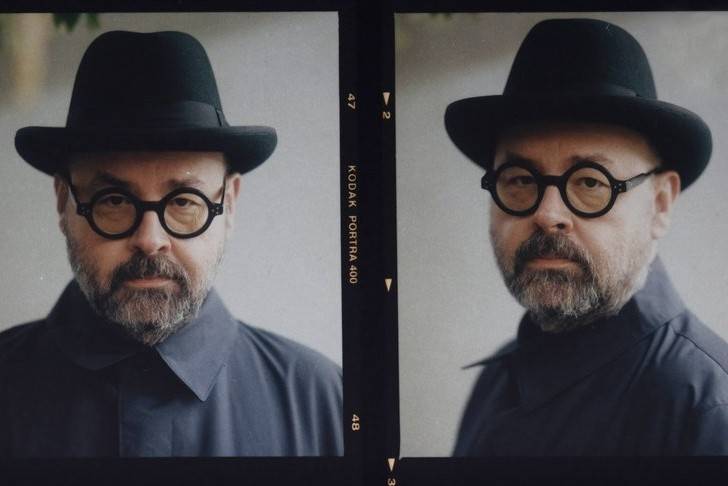Colson Whitehead: A Colossus in New York
 colsonwhitehead (2)
colsonwhitehead (2)
Colson Whitehead is an American novelist. He is the author of eight novels, including The Underground Railroad which won 2017 Pulitzer Prize for Fiction and The Nickel Boys, for which he won the Pulitzer Prize for Fiction again in 2020.
Early Life
Arch Colson Chipp Whitehead was born in New York City on November 6th in 1969 and grew up in Manhattan. Colson was the third of four children, with two older sisters and a brother ten months his junior. His love of reading developed at an early age , especially liking comics and science fiction. He attended Trinity School in Manhattan and graduated from Harvard University in 1991 with a degree in English and Literature. He also took classes in African American studies and theatre.

Work
After graduating from college, Whitehead worked for The Village Voice, an alternative newsweekly printed in New York, as a television and book critic. While working at the Voice, he began drafting his first novels.
The first one published was The Intuitionist in 1999. It was critically well received and achieved some success. This was followed by John Henry Days, The Apex Hides the Hurt, Sag Harbor and Zone One. He also published the non-fiction The Colossus of New York and an account of the 2011 World Series of Poker, The Noble Hustle: Poker, Beef Jerky & Death,.
Whitehead received greater fame and critical acclaim in 2016 with the release of The Underground Railroad. In the novel, a slave catcher relentlessly pursues an enslaved girl who has escaped along actual underground railroad tracks, a reimagined Underground Railroad. Besides winning the Pulitzer Prize, Whitehead received the National Book Award for Fiction and the Booker Prize.
His success continued with The Nickel Boys which came out in 2019. Based on real events, the book is set in 1960s Florida, which was then under Jim Crow laws that discriminated against African Americans. The story follows two Black teenagers who are sent to a juvenile reform school where they are physically and emotionally abused by administrators and teachers. The acclaimed work won several awards, most notably a Pulitzer Prize, his second.
In 2021 Whitehead published Harlem Shuffle, a crime novel that opens in 1959 and features a furniture salesman Ray Carney who becomes involved in a scheme to rob a hotel. In 2023 Crook Manifesto came out, it’s the next installment what is planned to be a trilogy of life in Harlem in the 60’s and 70’s.
Colson Whitehead has established himself as one of the most versatile and innovative writers in contemporary literature. From the secret lives of elevators to international poker tournaments, Whitehead takes on the marginal, the strange, and the surreal.

Personal Life
Early in his career, Whitehead lived in Fort Greene, Brooklyn. He currently lives in Manhattan and also owns a home in Sag Harbor on Long Island. His second wife, Julie Barer, is a literary agent and founder of The Book Group, a popular literary agency. They have one son, Beckett who is 10. From his first marriage to Natasha Stovall, who he met at The Village Voice, he has a daughter Madeline. They divorced in the mid 2000’s.
Aside from writing, Whitehead has taught at many universities including Princeton University, New York University and Columbia University.

Best Colson Whitehead Books
The Underground Railroad
Cora is a slave on a cotton plantation in Georgia. Life is hell for all the slaves, but especially bad for Cora; an outcast even among her fellow Africans, she is coming into womanhood—where even greater pain awaits. When Caesar, a recent arrival from Virginia, tells her about the Underground Railroad, they decide to take a terrifying risk and escape. Matters do not go as planned—Cora kills a young white boy who tries to capture her. Though they manage to find a station and head north, they are being hunted.
In Whitehead’s ingenious conception, the Underground Railroad is no mere metaphor—engineers and conductors operate a secret network of tracks and tunnels beneath the Southern soil. Cora and Caesar’s first stop is South Carolina, in a city that initially seems like a haven. But the city’s placid surface masks an insidious scheme designed for its black denizens. And even worse: Ridgeway, the relentless slave catcher, is close on their heels. Forced to flee again, Cora embarks on a harrowing flight, state by state, seeking true freedom.
The Colossus of New York
In a dazzlingly original work of nonfiction, Whitehead re-creates the exuberance, the chaos, the promise, and the heartbreak of New York. Here is a literary love song that will entrance anyone who has lived in-or spent time-in the greatest of American cities.
A masterful evocation of the city that never sleeps, The Colossus of New York captures the city’s inner and outer landscapes in a series of vignettes, meditations, and personal memories. Colson Whitehead portrays with almost uncanny immediacy the feelings and thoughts of longtime residents and of newcomers who dream of making it
The Nickel Boys
When Elwood Curtis, a black boy growing up in 1960s Tallahassee, is unfairly sentenced to a juvenile reformatory called the Nickel Academy, he finds himself trapped in a grotesque chamber of horrors. Elwood’s only salvation is his friendship with fellow “delinquent” Turner, which deepens despite Turner’s conviction that Elwood is hopelessly naive, that the world is crooked, and that the only way to survive is to scheme and avoid trouble.
As life at the Academy becomes ever more perilous, the tension between Elwood’s ideals and Turner’s skepticism leads to a decision whose repercussions will echo down the decades.
A gripping and brilliant novel, Whitehead is one of the most daring and gifted authors writing today.
The Intuitionist
Two warring factions in the Department of Elevator Inspectors in a bustling metropolis vie for dominance: the Empiricists, who go by the book and rigorously check every structural and mechanical detail, and the Intuitionists, whose observational methods involve meditation and instinct.
Lila Mae Watson, the city’s first black female inspector and a devout Intuitionist with the highest accuracy rate in the department, is at the center of the turmoil. An elevator in a new municipal building has crashed on Lila Mae’s watch, fanning the flames of the Empiticist-Intuitionist feud and compelling Lila Mae to go underground to investigate. As she endeavors to clear her name, she becomes entangled in a web of intrigue that leads her to a secret that will change her life forever.
A dead-serious and seriously funny feat of the imagination, The Intuitionist conjures a parallel universe in which latent ironies in matters of morality, politics, and race come to light, and stands as the celebrated debut of an important American writer.
Crook Manifesto
Whitehead continues his Harlem trilogy in a powerful and hugely-entertaining novel that summons 1970s New York in all its seedy glory.
We meet again, furniture store owner and ex-fence Ray Carney as tries to keep his head down and his business thriving, his old police contact Munson, fixer extraordinaire Pepper, Carney’s endearingly violent partner in crime, his elegant wife Elizabeth and their coming of age kids.
Crook Manifesto is a darkly funny tale of a city under siege, but also a sneakily searching portrait of the meaning of family. Colson Whitehead’s kaleidoscopic portrait of Harlem is sure to stand as one of the all-time great evocations of a place and a time.
If you enjoy Colson Whitehead’s work, check out our reading list for The 15 Best Historical Fiction Books





